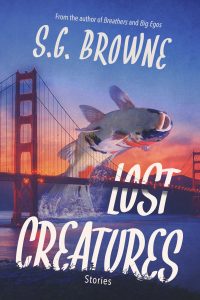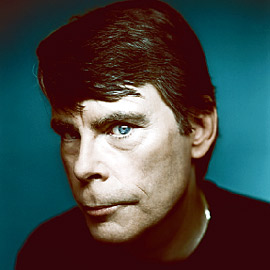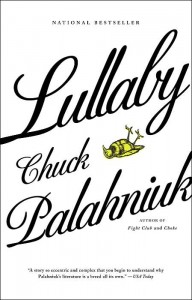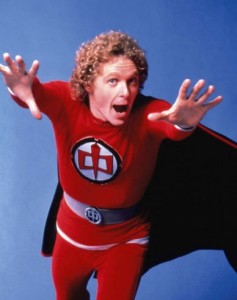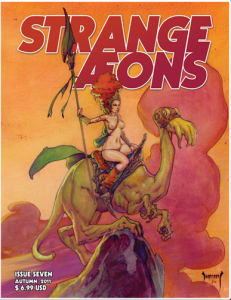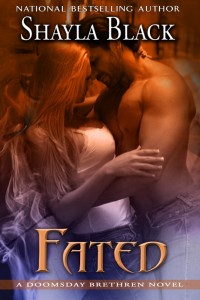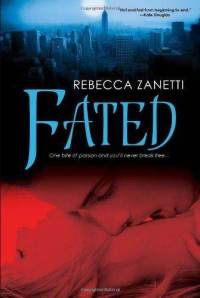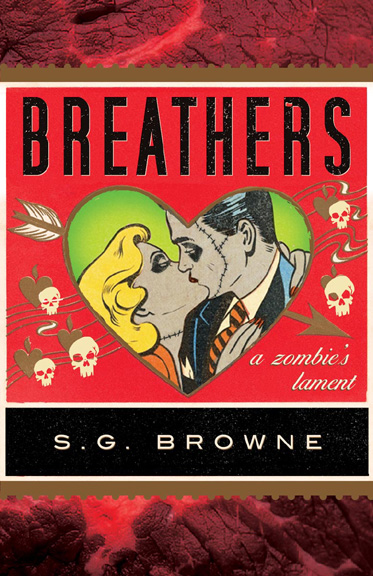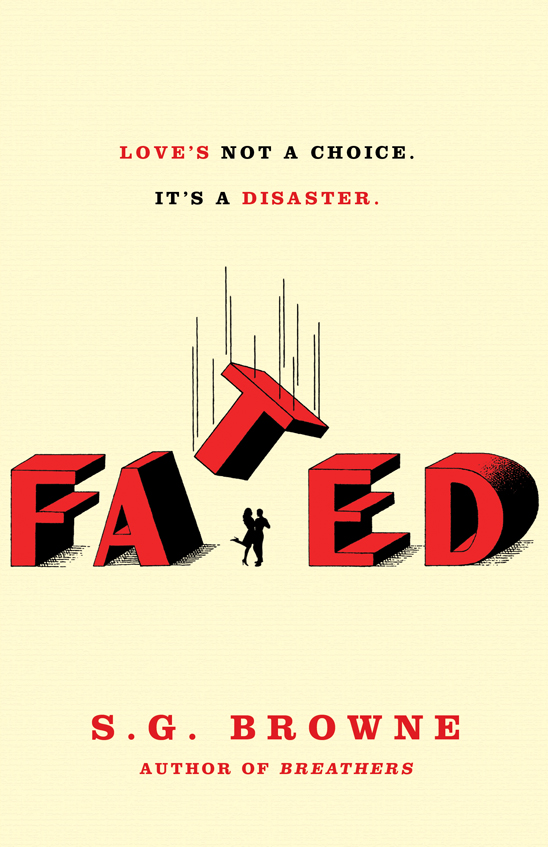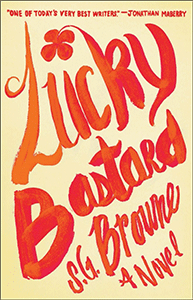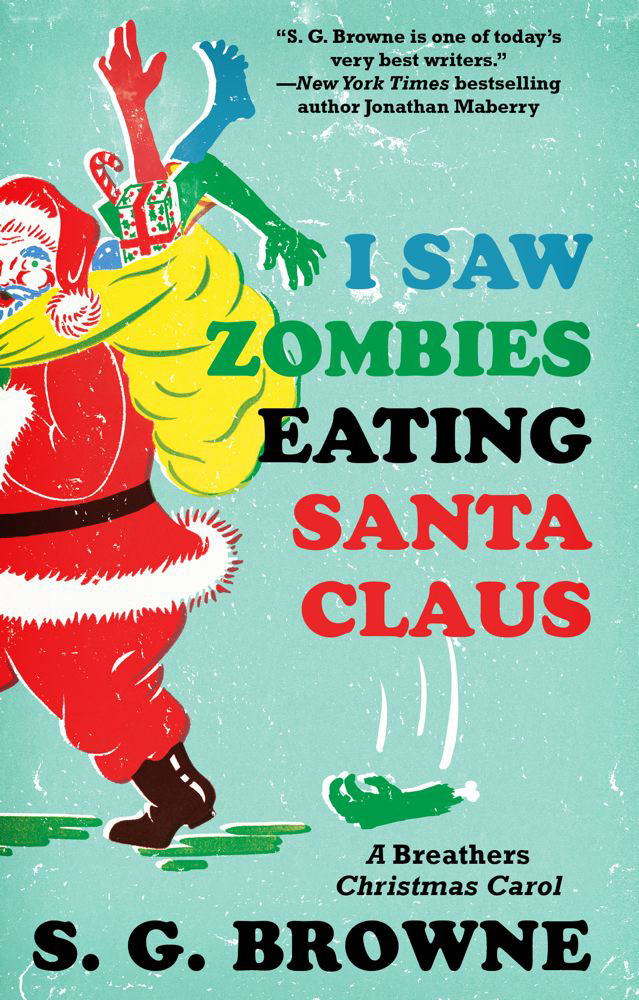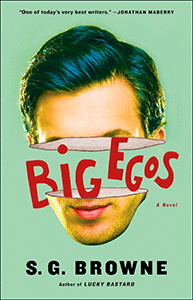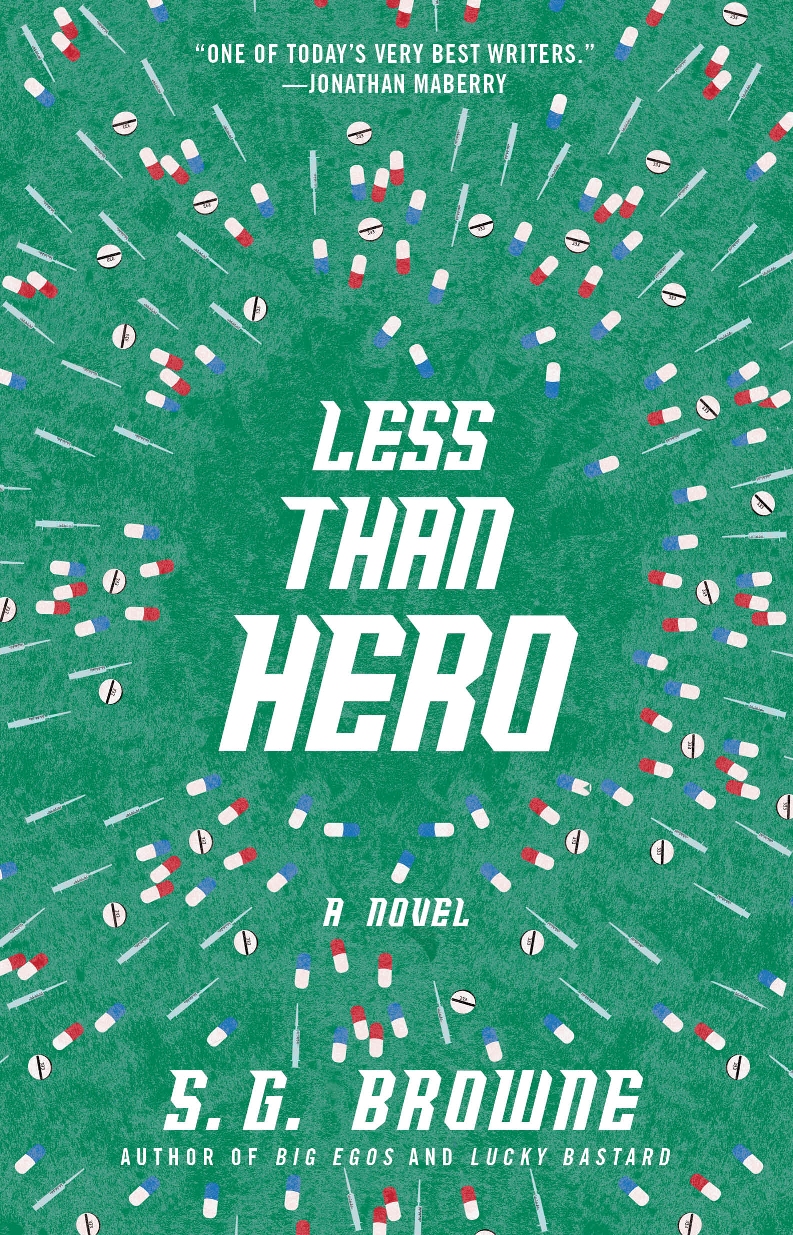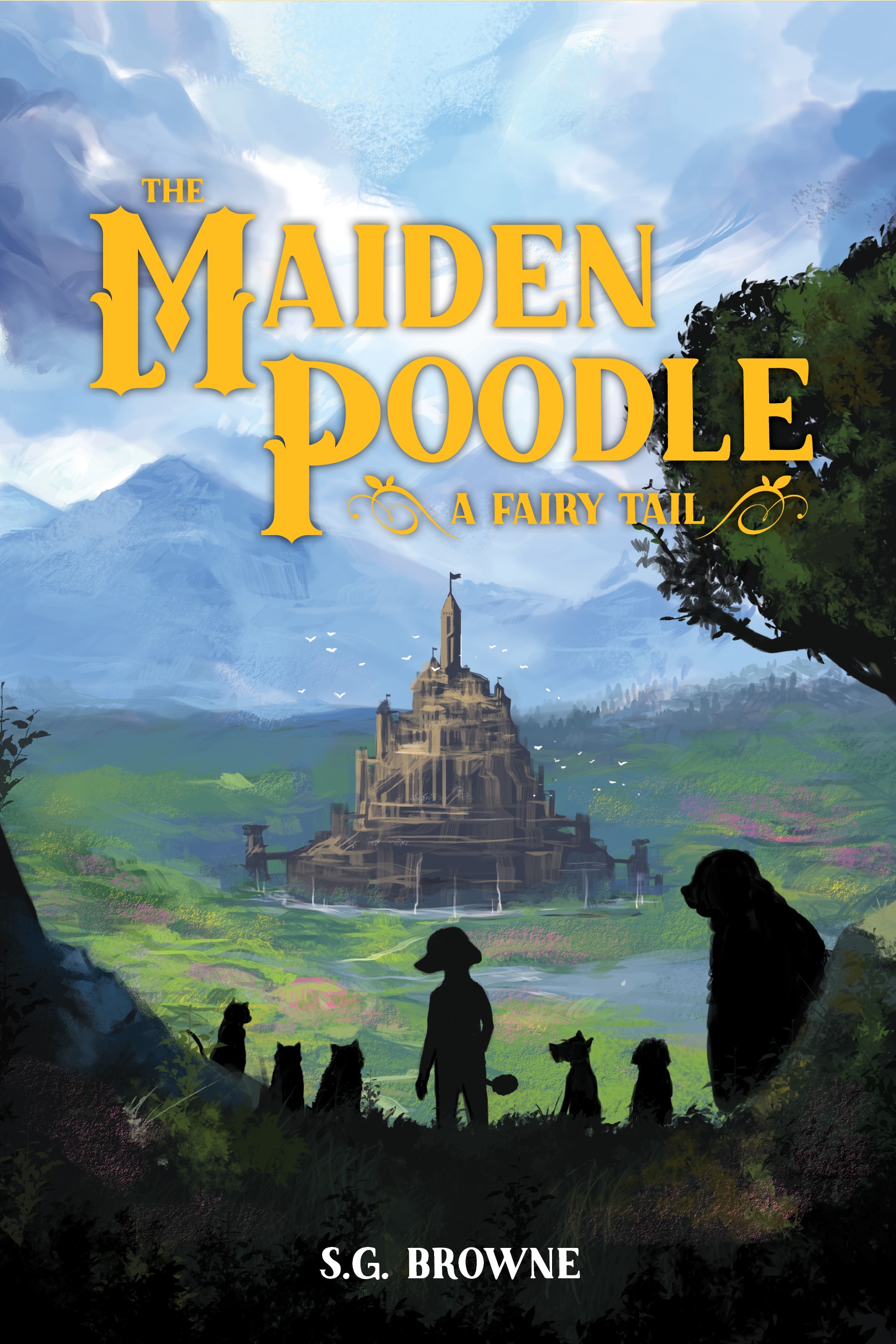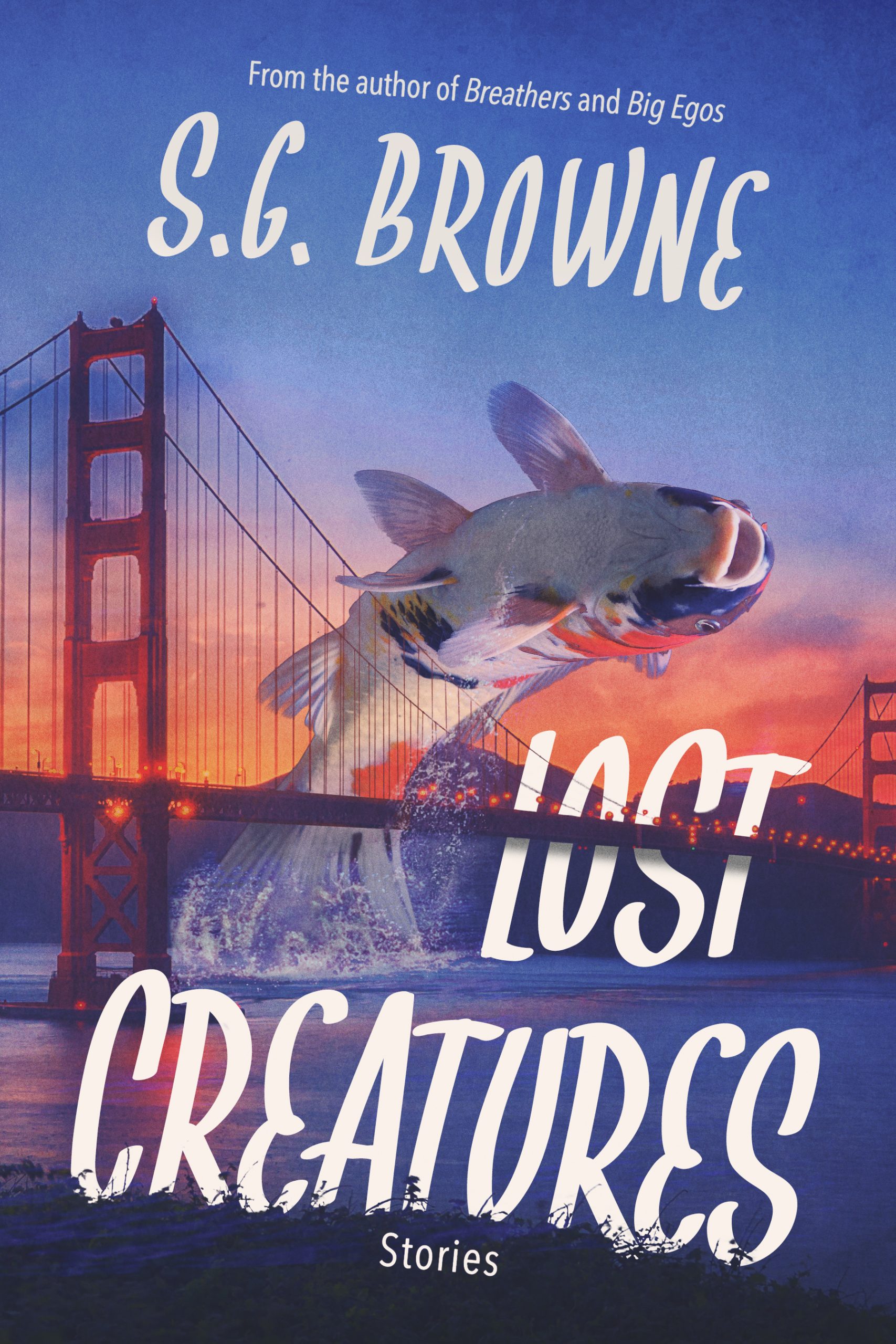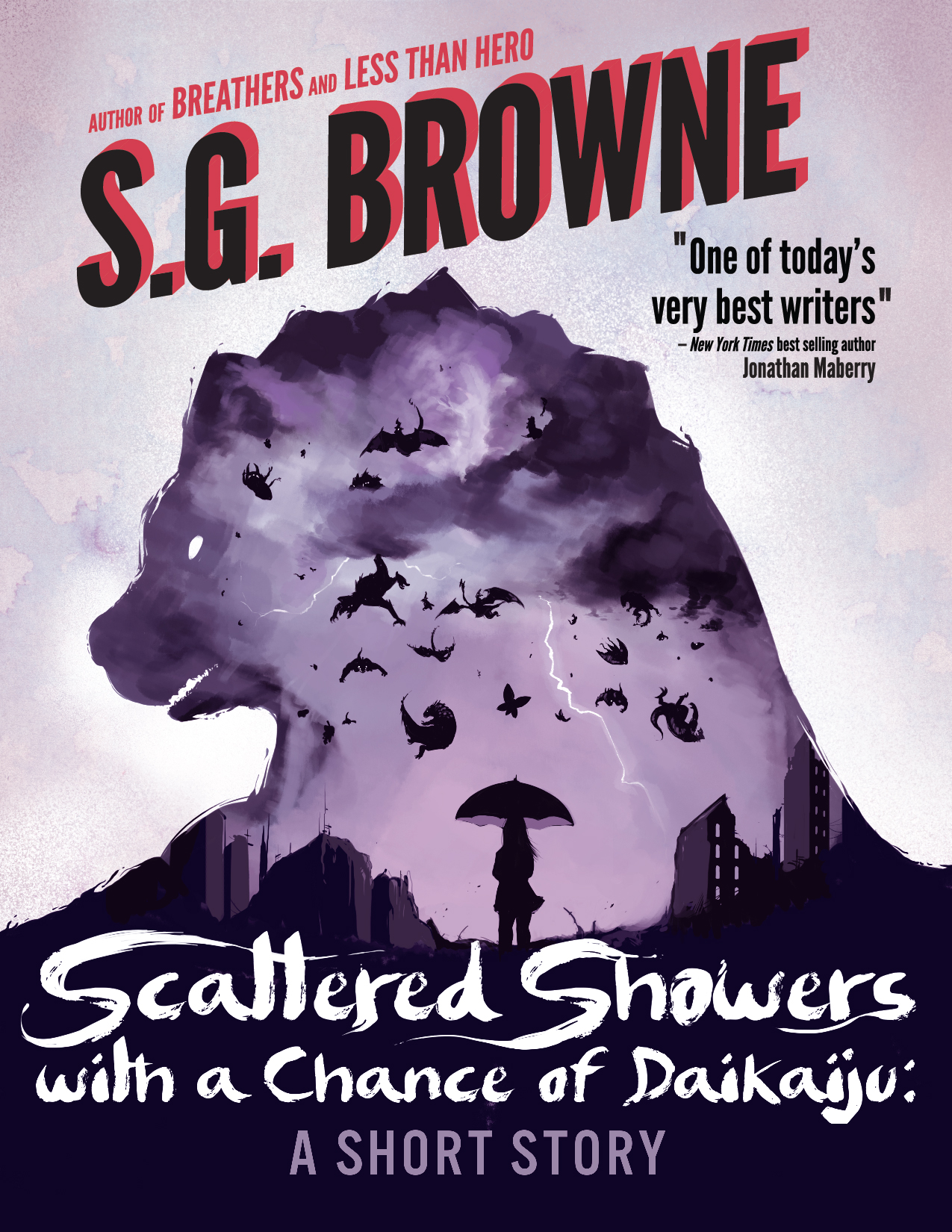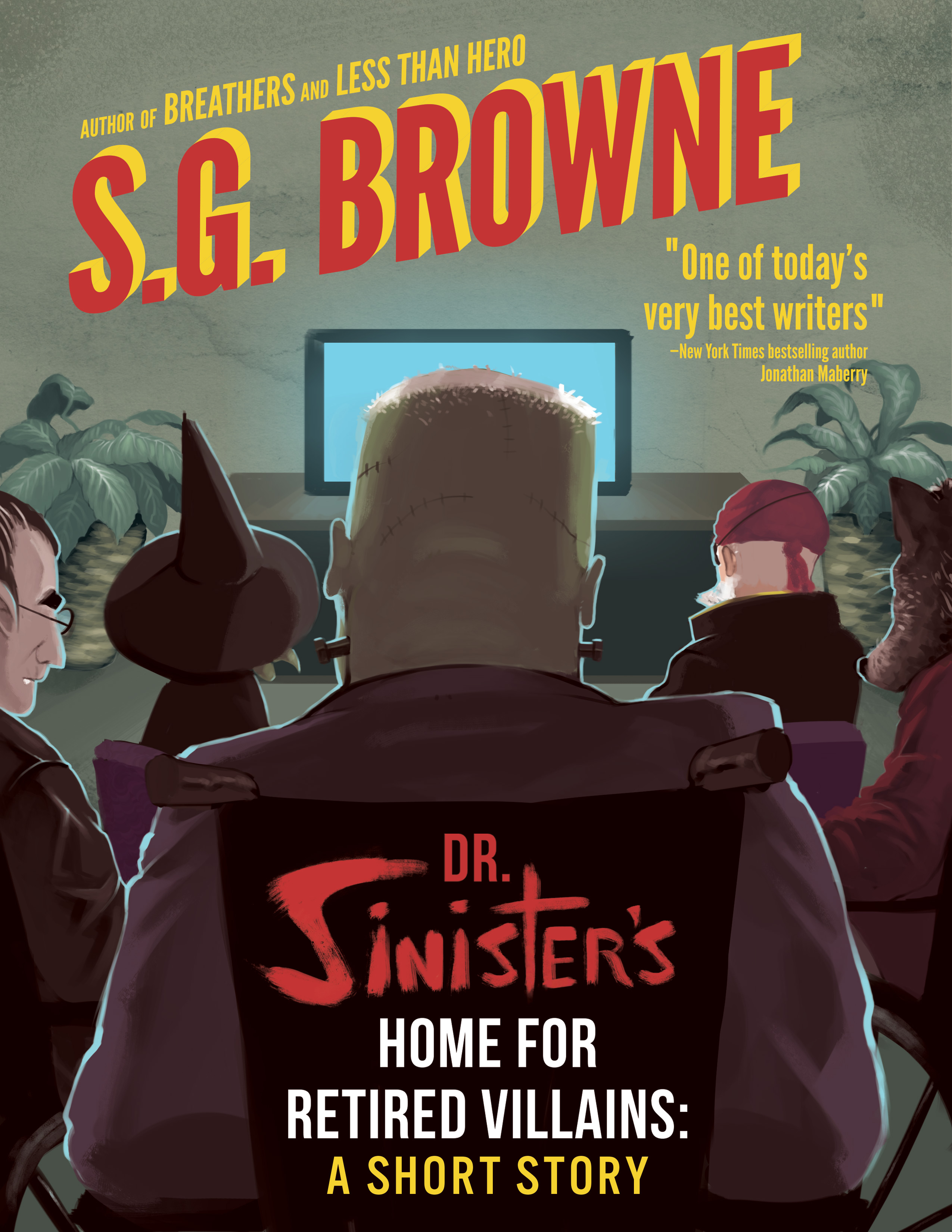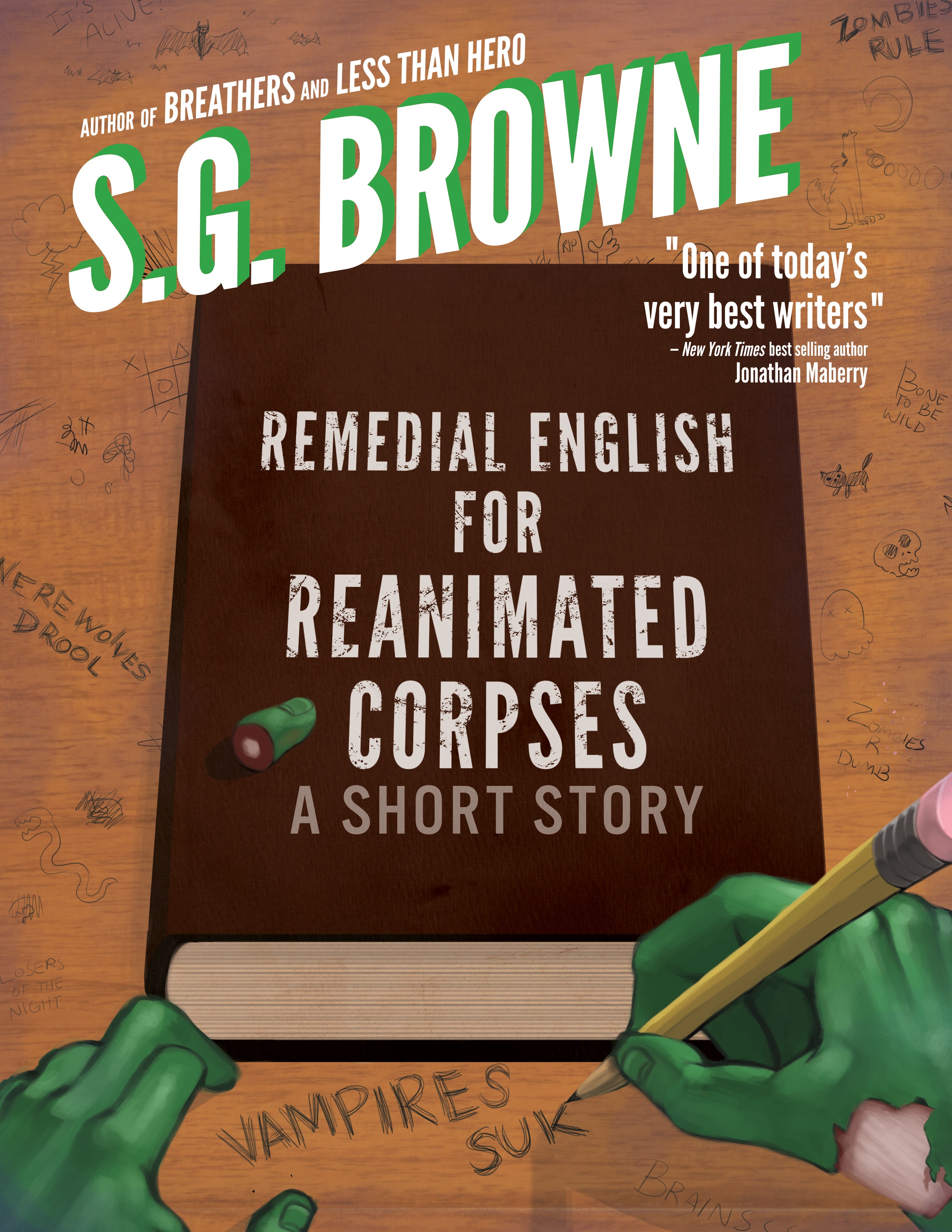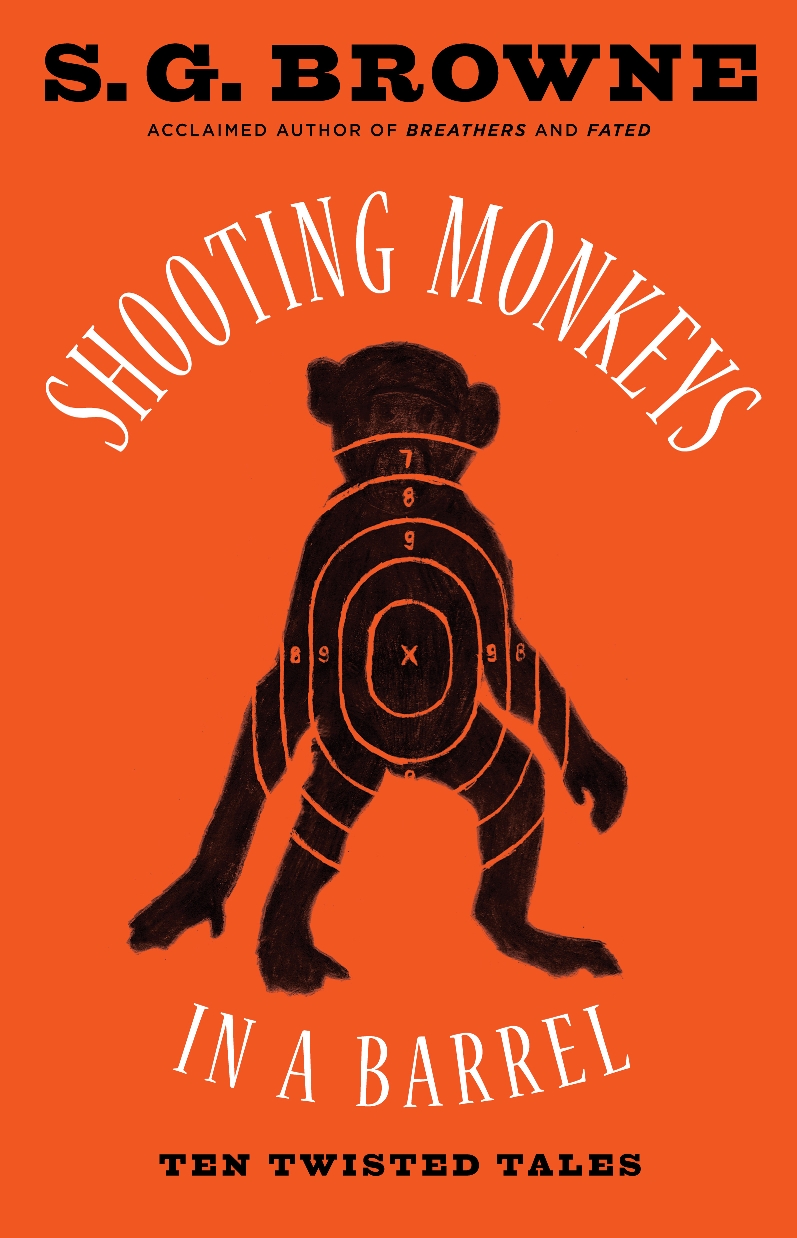Fiction Friday: The Best Books You’ve Never Read
Following up on my blog post for The Best Films You’ve Never Seen, below is my list of The Best Books You’ve Never Read. Admittedly, you might have read one of them. Maybe even two. But I’m guessing no one else has read all five of them. Or even three. Prove me wrong. And feel free to share your own gems.
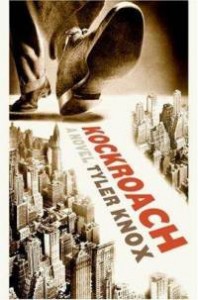 Kockroach, Tyler Knox
Kockroach, Tyler Knox
Taking Kafka’s The Metamorphosis and flipping it upside down, this story about a cockroach who wakes up one morning to discover he’s a man in 1950s New York has everything you want in a noir novel – organized crime, a love triangle, and an inhuman antihero with a relentless survival instinct. Good fun.
The Little Sleep, Paul Tremblay
Another noir novel, this one takes its title from Raymond Chandler’s The Big Sleep and features a South Boston P.I. who nods off at the wrong times and suffers from hallucinations. Blackmail, corrupt politicians, and a narcoleptic detective. What more do you want? (If you like this one, check out the sequel, No Sleep Till Wonderland.)
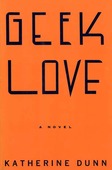 Geek Love, Katherine Dunn
Geek Love, Katherine Dunn
The not-so-heartwarming story of a family of carnival freaks. Art and Lily Binewski, the owners of a traveling carnival, decide to breed their own freak show by using experimental drugs to create genetically altered children. Dark, twisted, beautiful, and bizarre, this novel about a singularly dysfunctional family will stay with you long after you’ve finished.
Stiff: The Curious Lives of Human Cadavers, Mary Roach
The most likely book of the bunch to have been read, and the only New York Times bestseller on the list, STIFF is a wonderfully informative and delightfully humorous look into what happens to the human body when nature and medical science take over. Roach knows how to make non-fiction entertaining. (This book was an invaluable inspiration in the writing of my novel Breathers.)
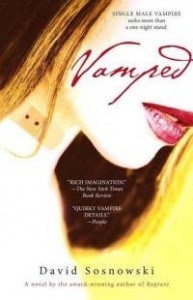 Vamped, David Sosnowski
Vamped, David Sosnowski
Martin, a suicidal vampire, living off blood derived from stem cells since humans are nearly extinct, finds salvation in the form of a six-year-old human girl who escaped from a preserve. Initially intending to snack on her, Martin instead finds himself growing fond of her company and becomes an unlikely guardian. An original vampire tale written with warmth and humor.
